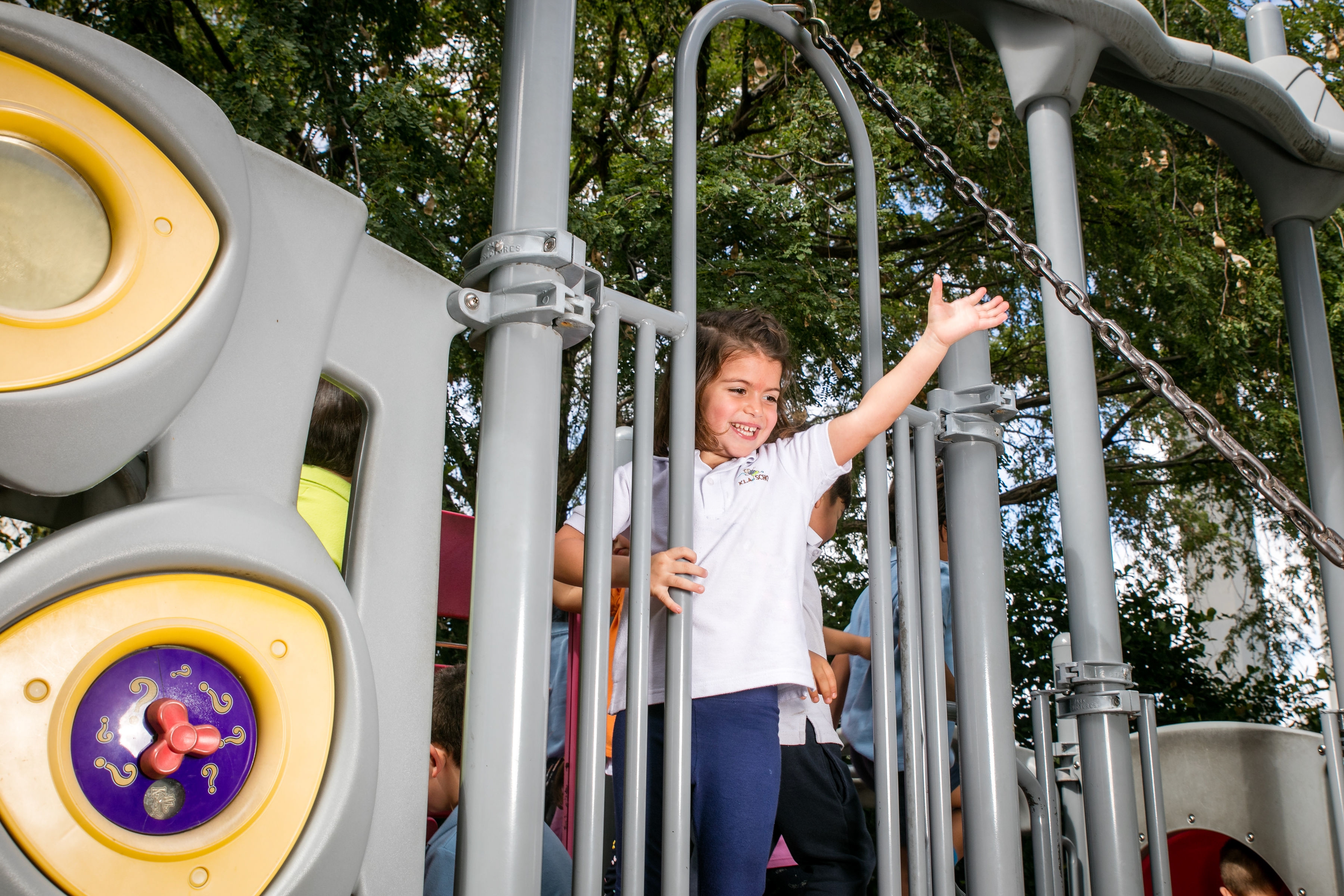Helping Your Child Manage Anger
Topics: Health & Safety
Age Range: Preschool
Anger is a normal part of the range of human emotions. However, learning how to manage it is a skill, one that young children are unfamiliar with. For many children, it can be hard to tell the difference between anger and a similar emotion like frustration or fear. It can also be difficult to know how to manage these emotions.
Here are some ways you can help your child manage anger.
Teach your child about feelings
Adults know that being able to discuss their feelings is more productive and feels better than giving into an angry outburst. Children may struggle with this concept if they don’t know what the different feelings are, or how to talk about them. Sympathetically helping your child identify and label feelings while they’re feeling them is an ideal way to help them make the connection. For example, you can say, “It looks like you’re feeling a bit scared about going down the slide. Do you want to try the swings instead?”
Helping your child discuss their feelings is a critical component in helping them manage their anger. Help them see the difference between feelings and behavior, such as “It’s okay to be frustrated at your brother, but it’s not okay to throw his toy.”
Model appropriate anger management
Even if your child may not fully understand how to manage anger, they can understand how you do. It can be hard to remember this in the moment, but if you take a minute to breathe and discuss your feelings rather than losing your temper, your child will see that that is the appropriate way to behave. Also, if you remain calm during their own angry moments, they will feel safe and better able to calm down as well.
If you do accidentally model the sort of behavior you don’t want your child to see, be sure to apologize and talk about how you should have reacted instead.
Teach anger coping skills
When your child is feeling calm and relaxed, work together on a list of calming things they can do when they feel angry and frustrated. Here are some examples:
- Sing and dance
- Color or draw
- Listen to their favorite music
- Take five deep breaths
- Walk away to a different room and jump up and down
- Talk to Mom or Dad
- Hug their favorite stuffed animal
- Repeat a helpful phrase
When helping your child manage their anger, be sure that they know you are there to help them through it, even in the heat of the moment. This will help your child feel understood and supported, and more confident to work through their emotions.

